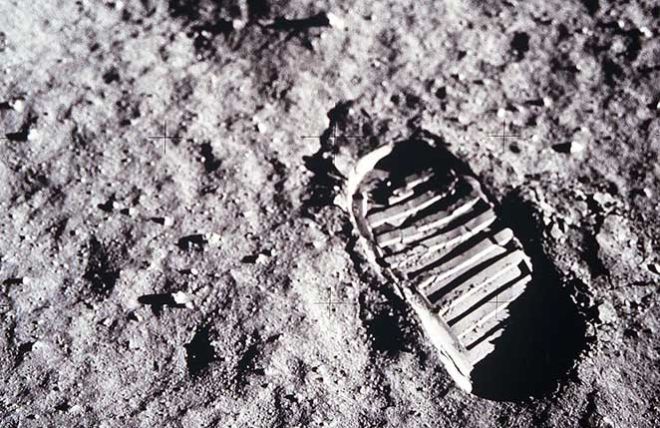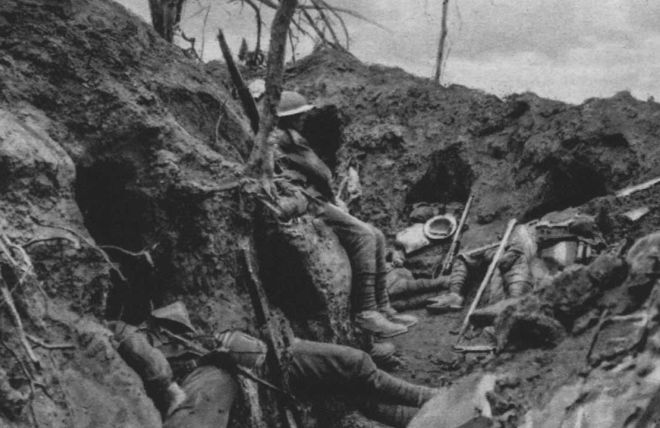
Your personality is just as important as your CV in developing a client base. No matter how dense your CV, most prospective clients cannot tell whether your listed accomplishments mean very much. After the first few pages, they're satisfied that you HAVE a CV. Now they need to know who you are.
I work a lot with physicians. I've written this for physicians, but the core ideas apply to any profession and any website where you expect to see a CV.
Over the years, a number of physicians have become amongst my dearest of friends. Physicians, like every one else on the planet, are competitive. Some might argue that they're more competitive than most.
One of the places this shows up is in the physician CV. One physician's CV runs to 150 pages..., another physician feels superior because his CV is 200 pages. Indeed, there are some CV listings that look suspiciously like they include a lunch with another MD, as long as it took place at a meeting in some exotic location. (Yeah... you know who I'm talking about)
Classical CV’s are important, but all practice websites tend to include this information, and it is of limited value to the consumer. The average patient doesn't know the difference between the AANS (American Association of Neurological Surgeons) and the AANS (Aquaculture Association of Nova Scotia). Patients also have no idea which programs are rated as particularly hard to get into. The patient expects to see a CV, and they anticipate that it will include the names of medical schools and universities. Aside from that, they have no criteria for judging what the CV tells them. A solid CV is valuable of course, but I guarantee you that no patient is reading beyond the first 2-3 pages.
In part, patients and clients of all kinds make decisions based on subjective information. A physician who is an active runner may be perceived to be better aware of the patient’s needs by a patient who is a runner or athlete. The patient believes the doctor "gets them." A bio that reveals that you rebuild antique cars will attract the attention of patients with an interest in antique cars.
I learned this lesson many years ago with an early iteration of my own website. Much of the website focused on my internationally recognized aerospace clients (NASA, Boeing), or leadership roles in the photographic industry. (National President of the major industry association).
One day I received a call and contract to do a sports magazine cover of a famous athlete. It was a lucrative job and certainly one I wanted to do, but after speaking to the client for a while, I thought it important to say that this was not the type of work I was known for, nor was it something I had a lot of experience with.
The response was... "we know that, but your children are both athletes high-level athletes... one pro, one All-Canadian. You understand athletes." I did the job..., it went well..., and the client was thrilled. But how did they know about my volleyball paying daughter and hockey player son?
It was mentioned towards the end of my biography,,,, not because I thought it would create work, but because I was (and still am) very proud of my children. For the client, it meant that I was uniquely qualified to do their project. I've never forgotten that lesson and over the years have tested it for its validity.
If the reality is that the average patient can not easily judge the differences between CVs, then the reality is also that you must find other ways to differentiate yourself and your practice. One of those ways is by revealing your shared experiences, common background, alma mater, hobbies, etc.
Do not be reluctant to introduce personality to your website. It will result in making you more human and a tendency to attract clients that share your values and interests..., and that's a good thing.





